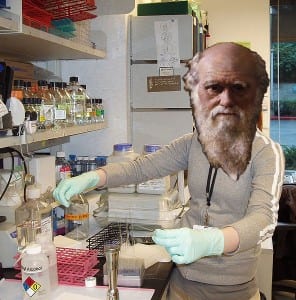How to Get a Head
By Jack Ashby, on 30 November 2011
Last night Curator Mark and I went back to the Grant Museum’s historic roots as a proper teaching collection and got out about 100 specimens to run a workshop called How to Get a Head: A Hands-On History of the Skull.
Everyday, university students use our collection as part of their courses, but we’ve never run an actual class with objects for members of the public teaching proper old school zoology. We’ll certainly be doing it again (Get a Grip: A Hands-On History of Hands is now open for bookings for February).
Here’s an impartial write up from one of the people who came along, and some of the things she picked up… http://blogs.ucl.ac.uk/events/2011/11/30/how-to-get-a-head-or-what-your-skull-is-saying-about-you/
 Close
Close


